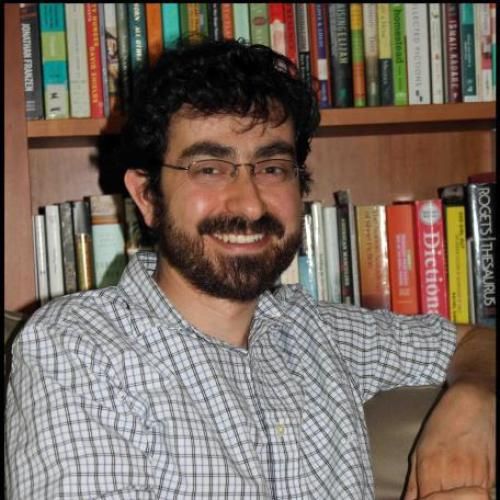Overview
Mustafa Tuna (Ph.D. 2009, Princeton University) is Associate Professor at the Departments of Slavic and Eurasian Studies & History at Duke University and is affiliated with the Duke Islamic Studies Center. His research focuses on Islam and modernity. In his earlier works he examined the often-intertwined roles of Islam, social networks, state or elite interventions, infrastructural changes, and the globalization of European modernity in transforming Muslim communities, especially in Russia, Central Asia, and Turkey. His first book, titled Imperial Russia's Muslims: Islam, Empire, and European Modernity, 1788-1917, is published by Cambridge University Press in the "Critical Perspectives on Empire Series." His current project explores encounters between the Sunni Islamic and European secular intellectual traditions with a focus on the ontological, epistemological, and spiritual implications of this encounter for Muslims since the early-twentieth century. His second book project, titled Knowing God in the Secular Age: Existence, Knowledge, and Striving for Excellence in the Works of Bediuzzaman Said Nursi (1878-1960), studies these implications in the case of the endeavors of Said Nursi (1878-1960), a Kurdish scholar of Islam from Turkey, to negotiate the changing modern world's challenges for Islam and Muslims. Additionally, he translated one of Nursi's major works, Mathnawi al-Arabi al-Nuri (Luminous Couplets) from Arabic into English and is now preparing this translation for publication as a critical edition. Relatedly, he coauthored a glossary of Islamic terms in English and is currently expanding this glossary. He also investigates the transmission and evolution of Islamic knowledge and practices comparatively in the Turkish and Soviet contexts in preparation for a third monograph. Dr. Tuna is married and has two sons.
Current Appointments & Affiliations
Associate Professor of Slavic and Eurasian Studies
·
2017 - Present
Slavic & Eurasian Studies,
Trinity College of Arts & Sciences
Associate Professor in History
·
2020 - Present
History,
Trinity College of Arts & Sciences
Education, Training & Certifications
Princeton University ·
2008
Ph.D.
Princeton University ·
2004
M.A.
Indiana University at Indianapolis ·
2001
M.A.

